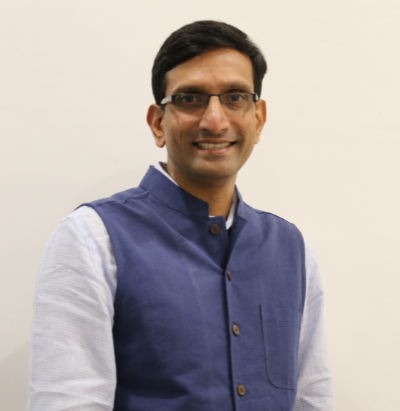The Great Financial Crisis of 2008 has cast into sharp relief the inextricable relationship between economics and geopolitics as well as globalization and democratic politics. This course provides the historical context within which we can locate and understand the current crises of international political economy. Global capitalism is inherently volatile and unstable. Indeed, policies and institutions to harness and tame it are an integral part of its history. Globalization involves not just the movement of goods, capital and people, but also of ideas that shape our preferences. In consequence, the periodic crises that are endemic to global capitalism lead to sudden changes in our conception of values (both in a monetary and non-monetary sense). This revaluation of values, in turn, leads to the search for new epistemic frameworks, institutions and policies for managing the global economy. International politics bulks large in this process.
This course focuses on key moments in the history of global capitalism through the long twentieth century. Starting with the depression of the 1870s, we will chart the rise of globalization up to the First World War, its reconfiguration during and immediately after the war, the great depression and challenges to liberal democracy, the reordering of the global economy after the Second World War, the collapse of this order in the 1970s, the remarkable resurgence of globalization through to the financial crises of the past decade. The course situates this arc of the global economy within the broader international history of the 20th century as well as the history of ideas and policymaking paradigms such as the gold standard, neoliberalism, Keynesianism, monetary coordination, development, capital account liberalization, macroprudential regulation and so forth. By so doing, the course allows us to understand global capitalism as more than an economic phenomenon—as embedded in geopolitics and social conflicts, ideas and ideologies.





